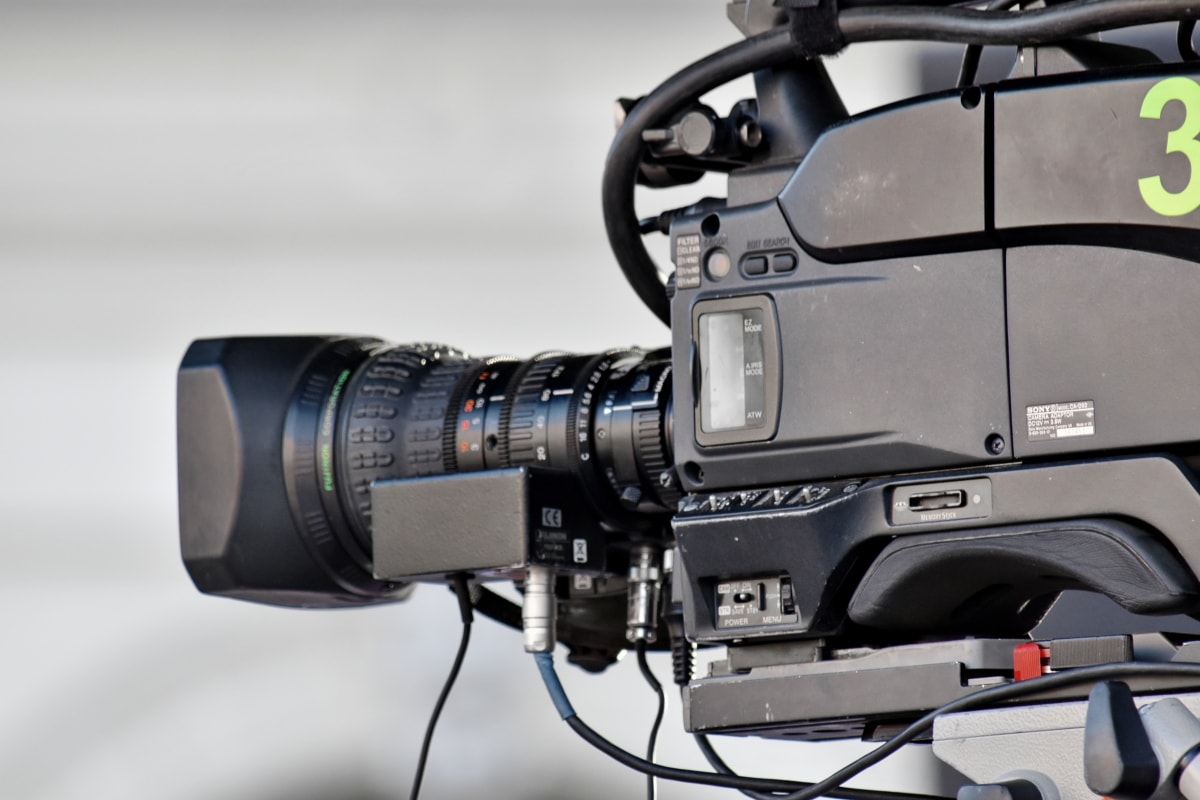“After careful review and with the benefit of oral argument, we conclude that Veritas plausibly alleged a defamation claim under New York law. And although the district court did not reach the issue, we also hold that Veritas plausibly alleged that the statements were published with actual malice, an additional requirement imposed by the First Amendment in a defamation suit involving public figures,” the three-judge panel wrote in its decision.
A federal appeals court has reinstated a defamation lawsuit filed by Project Veritas against CNN.
In a Thursday decision, the 11th U.S. Circuit Court of Appeals in Atlanta said that Project Veritas, a controversial conservative activist organization, could continue litigating its claims against CNN journalist Asa Cabrera.
Project Veritas, which was suspended from Twitter in 2021, alleges that Cabrera defamed it when she said that the group had been banned for “promoting disinformation.” However, Twitter had actually removed Project Veritas’ account for “doxxing,” the practice of publishing personal information online.
Although the 11th Circuit Court did not rule on the merits of Project Veritas’ lawsuit, the three-judge panel said that the organization has so far “plausibly alleged” that Cabrera and CNN acted with “actual malice.”
“After careful review and with the benefit of oral argument, we conclude that Veritas plausibly alleged a defamation claim under New York law. And although the district court did not reach the issue, we also hold that Veritas plausibly alleged that the statements were published with actual malice, an additional requirement imposed by the First Amendment in a defamation suit involving public figures,” the three-judge panel wrote in its decision.
“Today’s decision sends a strong message to the media: the truth matters,” attorneys Libby Locke and Joe Oliveri said in a joint statement.
Cabrera’s purportedly defamatory remarks were made in February of 2021.

On a live broadcast, Cabrera said that Project Veritas—along with a number of other conservative organizations—had been removed from Twitter as part of the platform’s campaign against disinformation. Her colleague, Brian Stelter, appeared to agree, saying that Veritas had been “swept up in a Twitter policy by violating multiple rules.”
Project Veritas quickly asked that CNN issue a retraction, but the outlet refused—prompting Project Veritas to sue.
In March 2022, a lower federal court dismissed Project Veritas’s claims against CNN, saying that Cabrera’s remarks were, placed in context, substantially true. But in its Thursday decision, the 11th Circuit Court observed that some viewers might interpret the dissemination of misinformation as a more serious offense than “doxxing.”
“The relevant question is whether the ‘gist’ or ‘substance’ of being suspended for ‘promoting misinformation’ is the same as being suspended for ‘publishing private information of another without their consent,’” U.S. Circuit Court Judge Elizabeth Branch wrote. “It is not.”
Branch also determined that available evidence indicates that CNN may have had “serious doubts” about the veracity of Cabrera’s allegedly defamatory statements.
“If you stay on the bench long enough, you see a lot of things,” Circuit Judge Ed Carnes wrote in a concurring opinion. “I never thought I’d see a major news organization downplaying the importance of telling the truth in its broadcasts. But that is what CNN has done in this case.”
The appeals court did not otherwise rule on the case, but instead returned it to U.S. District Judge Steve Jones.
Sources
Appeals Court revives Project Veritas lawsuit against CNN
CNN faces another defamation lawsuit after appeals court sides with Project Veritas
CNN must face Project Veritas’ defamation lawsuit, US appeals court rules
CNN ordered to face Project Veritas’ defamation lawsuit over host’s comments: appeals court


Join the conversation!